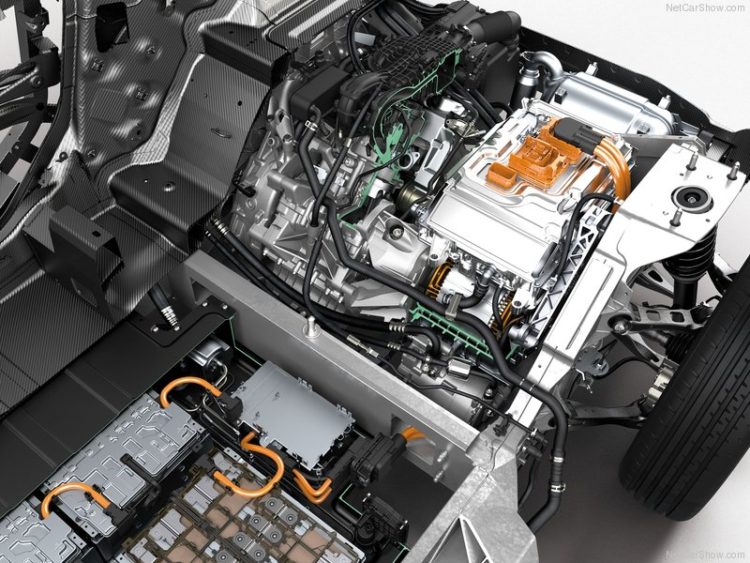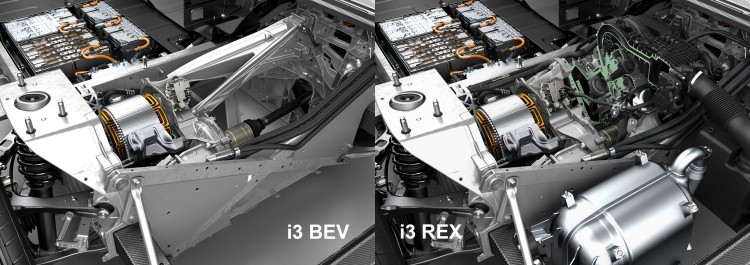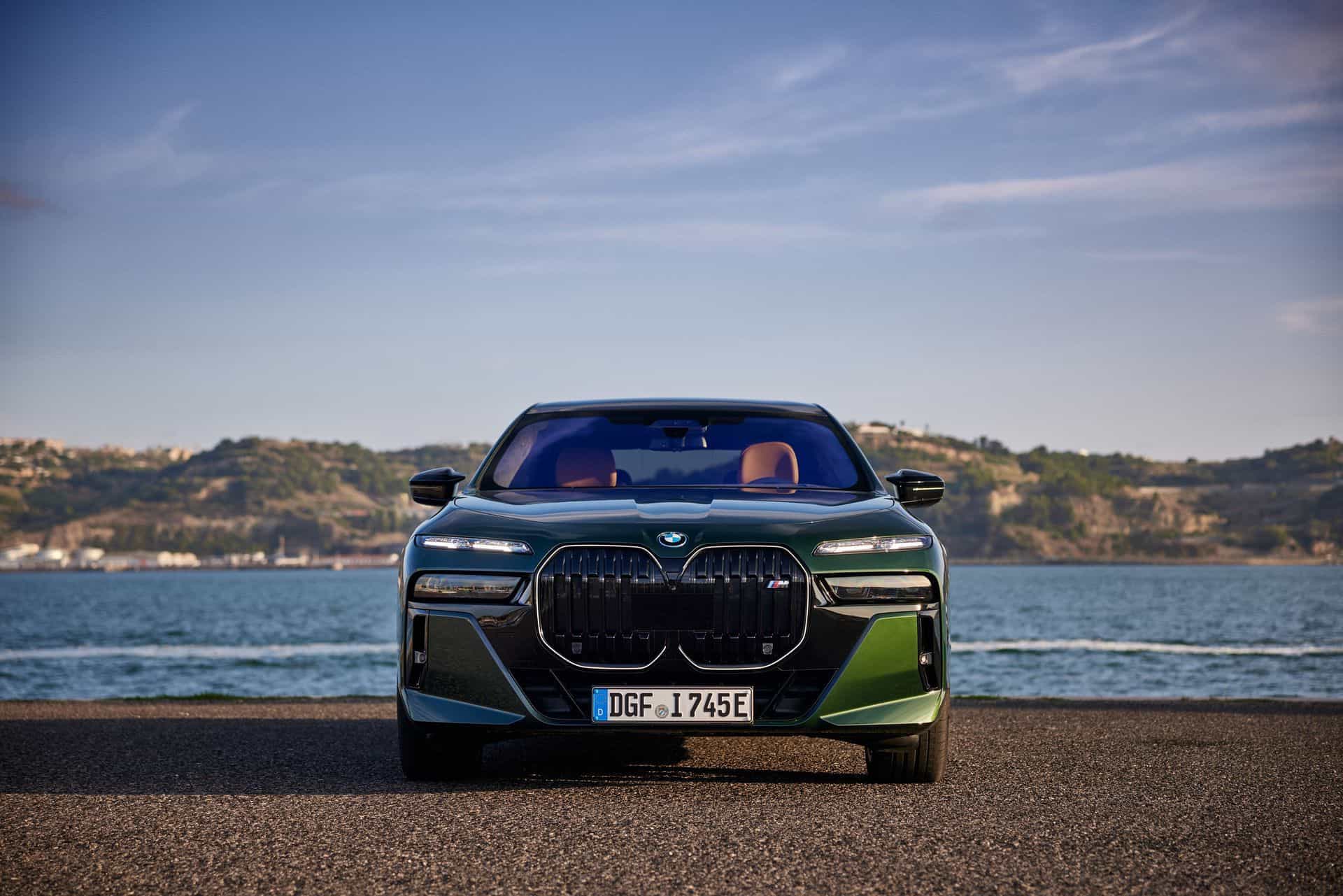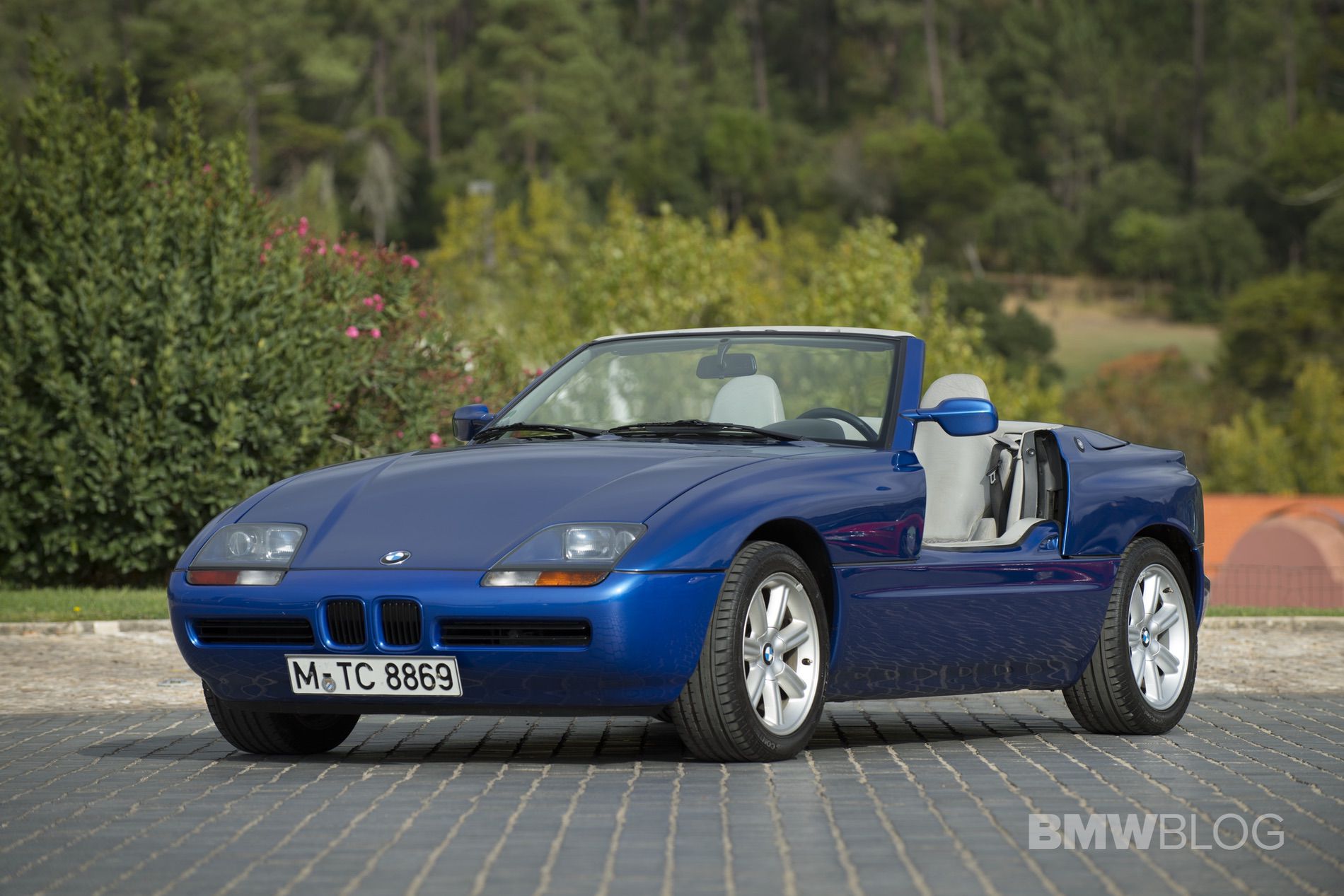Reports continue to build around BMW’s possible return to the range extender. After previous reports suggested the next-generation X5 may get the Range Extender treatment, now Bloomberg is adding fuel to the story, reporting that BMW is evaluating range-extender variants for top-end models like the X5 and 7 Series, according to people familiar with the company’s strategy. These larger vehicles have the packaging space to fit a compact engine used exclusively as a generator—similar to how BMW configured the old i3 REx.
Why A Range Extender?
China explains most of it. BMW’s sales in the region aren’t as strong as they once were, but the country remains the company’s single largest market. Last year, 29.2% of all BMW Group deliveries (including MINI and Rolls-Royce) went to Chinese customers—more than the United States and Germany combined. And China’s taste for extended-range electric vehicles (EREVs) is skyrocketing.
According to Automotive News, citing the China Passenger Car Association, EREV sales grew nearly 50% in the first five months of 2025. Local heavyweights like BYD’s Yangwang U8, Aito M9, and Li Auto L9 have turned the range-extender layout into a popular middle ground between pure EVs and combustion SUVs.
BMW abandoned the i3 REX years ago, but the market conditions have changed dramatically. A next-generation X5 running a highly efficient generator engine at constant rpm could resonate with buyers who want EV driving most of the time but refuse to deal with long-distance charging anxiety.
Bloomberg’s reporting notes that American buyers—especially in the large SUV segments—have also shown interest in the range-extender format. The upcoming Ramcharger pickup and Volkswagen Scout projects use similar thinking: an electric drivetrain backed by a small combustion generator to extend range without sacrificing towing or long-distance capability. In Europe, future EREV classification could exempt these vehicles from the 2035 combustion ban, depending on how regulations evolve. It’s far from guaranteed, but the possibility adds another reason for BMW to explore REX models.
A Small Engine as a Dedicated Generator

If BMW greenlights the project, the system would likely mirror the i3 philosophy: the engine would not drive the wheels at all. Instead, it would run at an optimal, fixed rpm to charge the battery and stabilize consumption. BMW already develops compact, efficient gasoline engines in-house, as well as generator-friendly components that could shorten the development cycle.
For now, BMW’s official position remains carefully non-committal. A spokesperson told Bloomberg the company is: “continuously analyzing usage patterns, customer needs, and market developments and reviewing the market potential of various technologies.” As of today, we’re also hearing from sources that BMW has yet to approve any range-extender models, and their future remains uncertain.

























































